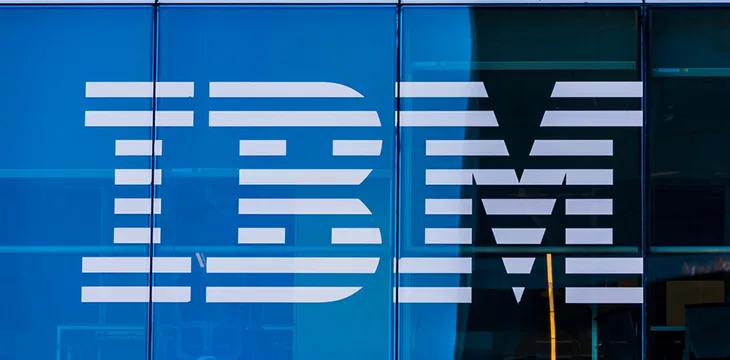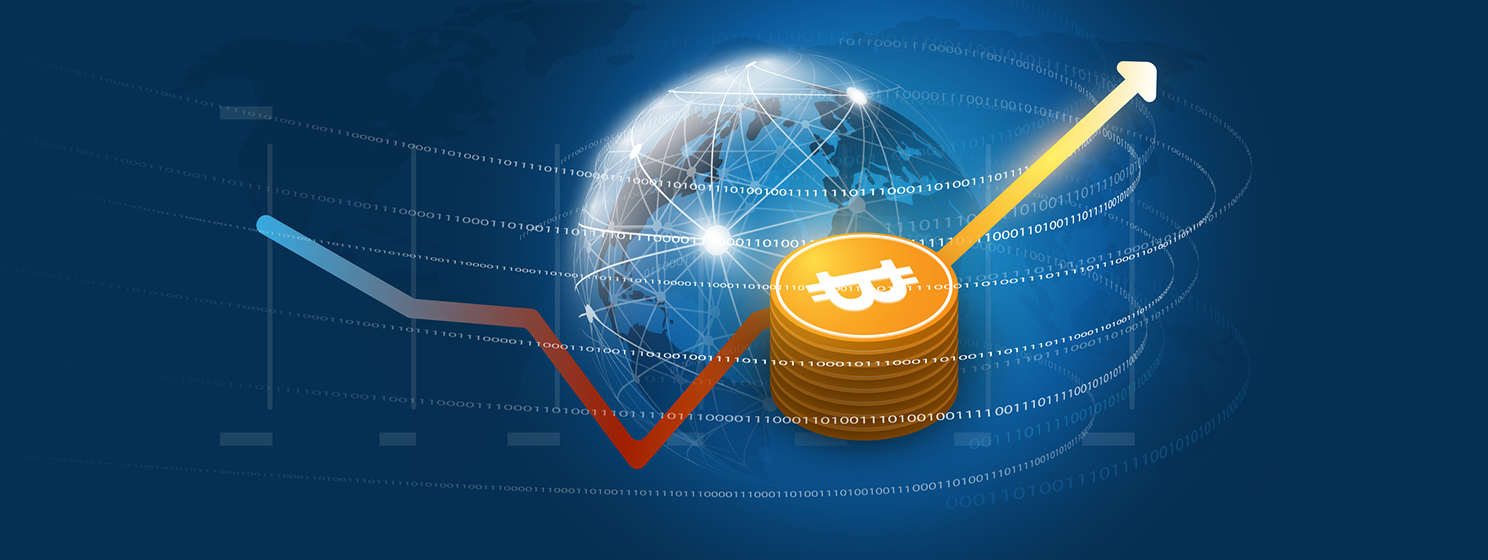|
Getting your Trinity Audio player ready...
|
With artificial intelligence (AI) innovation reaching breakneck speeds, IBM’s latest research predicts that employees will need new job skills to remain competitive in the work environment.
The 32-page report, titled “Augmented work for an automated AI-driven world,” submits that entry-level roles will be the most affected by AI innovation by 2025. Per the report, 48% of respondents stated that experienced and first-level management roles would be moderately affected by AI, with executives being the least affected.
Despite the seismic changes expected in the workplace, a cross-section of executives pointed out that generative AI will not replace humans. However, workers are expected to gain new skills, with 1.4 billion people in the global workforce expected to be affected by the need to update their skill sets.
The report stated that employees in finance, risk and compliance, procurement, customer service, and marketing are more likely to be affected by the reskilling drive triggered by the integration of AI.
The report urged executives to actively pursue building new skills for their employees, noting that AI integration can increase revenue growth by up to 15%.
“As technology becomes more user-friendly, employees are also able to do more with less advanced technical skills,” read the report. “Plus, as machines take over mundane tasks, people can spend more time on problem-solving and collaborative work that require stronger people skills.”
The report indicated “a new skills paradigm” due to the increased adoption of generative AI. Once ranked as the most critical skill in the workforce, proficiency in STEM fell by 12 places in less than seven years behind time management skills, ethics and integrity, and the ability to speak a foreign language.
As the world advances, IBM recommends that enterprises seeking to incorporate AI in their process should “prioritize with purpose,” invest in talent as much as technology, and “lead with the operating model.”
Generative AI has already had a rough start in the global workforce after Samsung (NASDAQ: SSNLF) banned its employees from using ChatGPT following a security breach involving source code. Other firms, including Apple (NASDAQ: AAPL), Amazon (NASDAQ: AMZN), and a group of financial giants, have imposed guardrails on the use of generative AI by employees.
Job losses are tip of the iceberg for skeptics
Leading AI critics have warned that AI poses grave risks to user privacy and violates existing copyright rules. AI developers OpenAI and Meta (NASDAQ: META). are in court over alleged breaches of intellectual property in training their generative AI models.
With AI investment expected to surpass the $200 billion mark, lawmakers in the U.S. have introduced a bill to launch a national AI Commission to protect users from AI misuse. The bipartisan bill seeks to balance the opportunities of using innovative technology with the inherent risks posed to the U.S. economy.
In order for artificial intelligence (AI) to work right within the law and thrive in the face of growing challenges, it needs to integrate an enterprise blockchain system that ensures data input quality and ownership—allowing it to keep data safe while also guaranteeing the immutability of data. Check out CoinGeek’s coverage on this emerging tech to learn more why Enterprise blockchain will be the backbone of AI.
Watch: AI is for ‘augmenting’ not replacing the workforce

 03-05-2026
03-05-2026 




